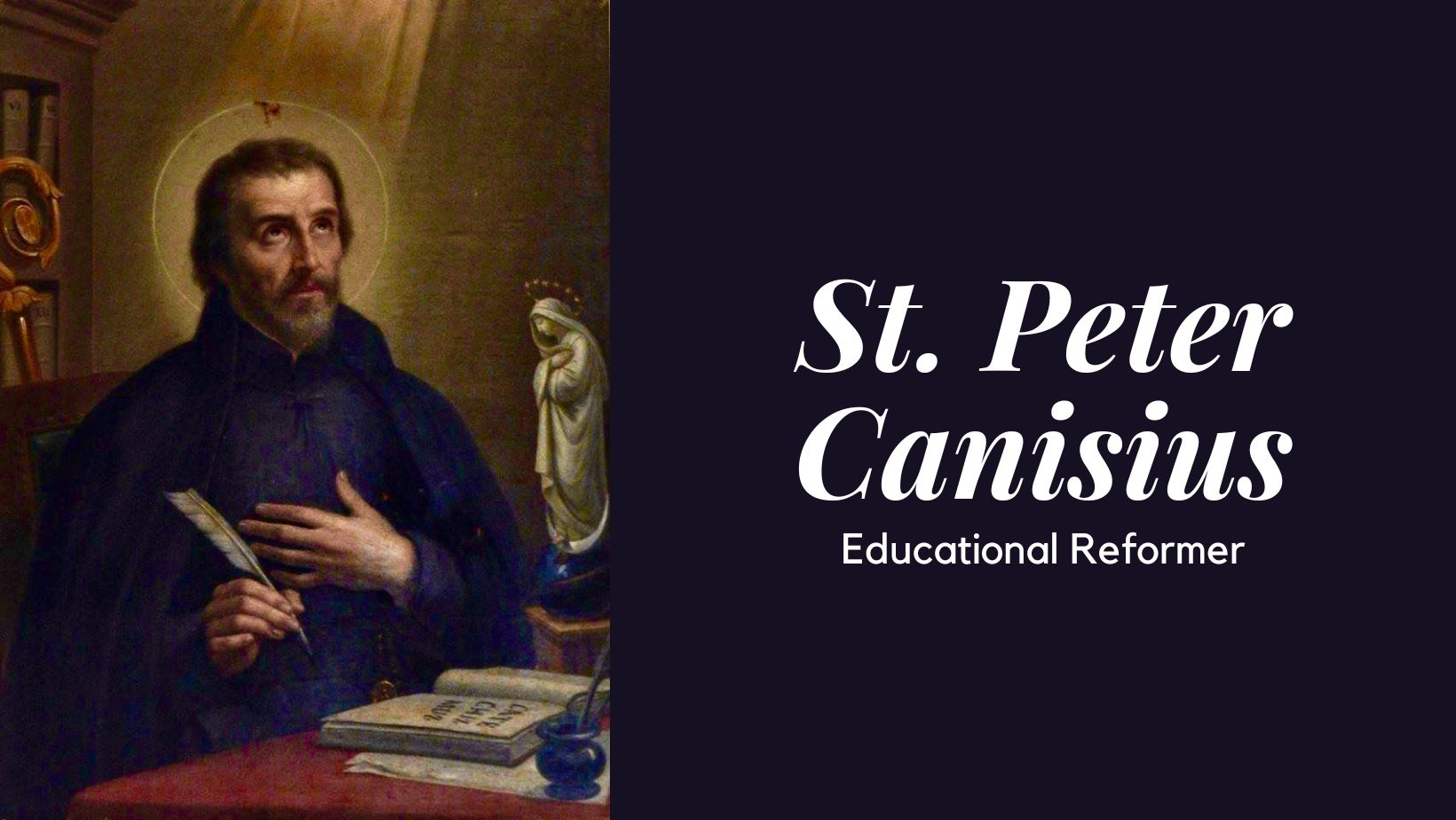In the heart of the Catholic Church's history, stands a remarkable figure, St. Peter Canisius, a staunch defender of the faith during the tumultuous times of the Counter-Reformation. His weapon? Education. In a world where misinformation often clouds religious truths, Canisius's story remains a source of inspiration, particularly for those seeking deeper roots in their faith. How, then, did this Jesuit priest use education to defend and spread the Catholic faith? Let's delve into his life and legacy to find out.
Early Life and Call to Faith
Born in 1521, in the Netherlands, Peter Canisius was drawn to the spiritual life from a young age. His journey with the Catholic faith began earnestly at the University of Cologne, where his intellect and spiritual depth flourished. This blend of academia and faith set the stage for his future endeavors, a fusion that many Catholics today can resonate with as they navigate their own faith paths in an increasingly complex world.
Involvement in the Counter-Reformation
The Counter-Reformation era was a time of religious upheaval and reformation. Canisius, ordained a Jesuit priest, found himself in the midst of this storm. His response? To use education as a cornerstone for renewing faith and countering Protestant Reformation challenges. His approach mirrors the modern Catholic's quest for authenticity and understanding in religious beliefs.
Educational Contributions
Canisius's educational contributions were monumental. He founded several Jesuit colleges, fostering environments where faith and reason coexisted harmoniously. His catechisms, especially, were pivotal in simplifying complex theological concepts, making them accessible to the common believer. This democratization of religious knowledge is something we can all relate to and learn from.
Examples of St. Peter Canisius’ Writings
His works, rich in theological insight and educational value, played a pivotal role in the Counter-Reformation. They not only reflect his deep understanding and devotion to the Catholic faith but also showcase his innovative approach to religious education and dissemination. From comprehensive catechisms to profound commentaries on Sacred Scripture, Canisius’ writings offer a treasure trove of wisdom. Here are five of his most significant contributions that continue to enlighten and inspire the faithful:
Lessons for Modern Catholics
The life of St. Peter Canisius challenges modern Catholics to embrace education as a tool for deepening their faith. Living in an era of information overload, we can find solace and clarity in Canisius’s approach to faith education. This includes engaging with the Church’s teachings critically and creatively, much like Canisius did, and sharing this knowledge in our communities and online spaces.
St. Peter Canisius’s Legacy
Canisius’s legacy is far-reaching. Canonized and declared a Doctor of the Church, his influence extends beyond his time, resonating with those who see education as vital to understanding and living out their faith. As a patron saint of the Catholic press and the apostolate of the printed word, his spirit continues to inspire the Catholic community, especially in the digital age.
In a world craving authenticity, Canisius’s story is a reminder that education and faith, together, are the bedrock of a strong and resilient Catholic identity.


![Mens St Peter Canisius Silver Plated Rosary [RBENM8393]](https://b960748.smushcdn.com/960748/wp-content/uploads/2023/11/Mens-St-Peter-Canisius-Silver-Plated-Rosary_RBENM8393.jpg?lossy=1&strip=1&webp=1)
![Cable Bangle Bracelet Saint Peter Canisius Charm [BRC9393]](https://b960748.smushcdn.com/960748/wp-content/uploads/2023/11/Cable-Bangle-Bracelet-Saint-Peter-Canisius-Charm_BRC9393.jpg?lossy=1&strip=1&webp=1)
![Beginning Apologetics SUPERSET [SJCSSUPERSET]](https://b960748.smushcdn.com/960748/wp-content/uploads/2023/06/SJCSSUPERSET-SuperSet.jpg?lossy=1&strip=1&webp=1)